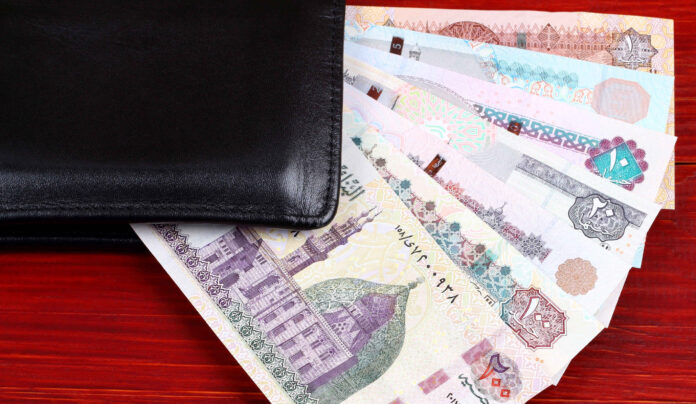Egypt’s annual urban consumer inflation accelerated to 1.6% year-on-year in September, the fastest in almost four years signaling that consumers in the North African country can expect little respite from higher costs amid a plunge in the pound.
The latest data from state statistics agency CAPMAS showed Monday that consumer prices climbed an annual 15% in September, compared with 14.6% the previous month. Food and beverage costs, which make up the largest single component of the inflation basket, also jumped 21.7%.
Meanwhile, the country’s annual core inflation, a gauge used by the central bank that strips out volatile items, accelerated to 18% in September compared to 16.7% a month earlier.
Egypt has been hit by the knock-on effect of global commodity price rises that accelerated amid the ongoing war in Ukraine, though the authorities in the Arab world’s populous nation have unveiled plans to absorb some of that impact.
Weakening pound
The pound has been moving weaker in small increments and hit a record low in the offshore market last week. The Central Bank of Egypt (CBE) is set to allow new currency derivatives to unlock liquidity in the local market, making available instruments to hedge against risks to the pound after it fell to a record, said Bloomberg.
The plan will see domestic lenders introducing onshore non-deliverable forwards or NDF contracts and options that allow companies and investors, for the first time, to bet on or hedge against swings in the Egyptian pound.
Four major banks in Egypt have in recent days imposed limits on foreign exchange, a move that industry analysts say is aimed at conserving foreign currency. Commercial International Bank, HSBC Egypt, Banque Misr, and FABMISR have introduced withdrawal limits for debit and credit cards used abroad.
Last month, CBE kept interest rates unchanged but increased the amount of money that commercial lenders must set aside as part of their mandatory reserves.
Egypt has been negotiating a financial support package from the International Monetary Fund (IMF) since March, which has long been urging it to allow greater exchange rate variability.




